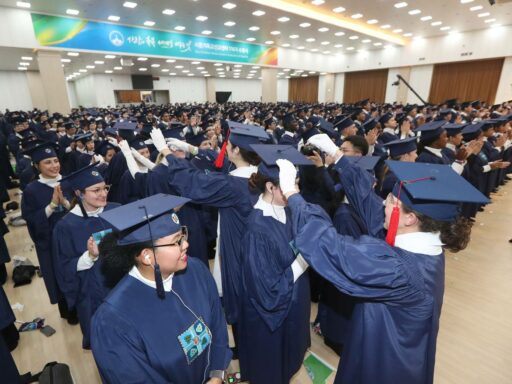In light of the government’s new bursaries and scholarships for teacher trainees specialising in maths, science, and computing, FindTutors is sharing evidence-based guidance for parents who want to help their children succeed in demanding subjects.
Maths, science, and modern languages remain the toughest subjects for many students to master. To strengthen attainment, the government has introduced an additional 100 hours of English and maths teaching for 16–19-year-olds this year, helping them reach level 2.
While such initiatives are invaluable, FindTutors stresses that progress also depends on effective learning support at home — an area where many parents feel unsure due to changing educational approaches.
“Complex subjects don’t have to be intimidating. The key is helping children develop effective learning strategies that work for them personally. Every child learns differently, and what works for one may not work for another,” says Albert Clemente, CEO of FindTutors.
“Parents shouldn’t feel they need to be subject experts themselves. Their role is to provide encouragement, create a supportive learning environment, and help children develop the resilience and problem-solving skills they need to tackle challenging material. These are skills that will serve them throughout their education and beyond.”
Complex subjects become overwhelming when children try to tackle too much at once. Help them break larger topics into smaller, digestible chunks. For mathematics, this might mean mastering one type of equation before moving to the next. For languages, focus on practical conversation topics rather than attempting to learn all grammar rules simultaneously.
Help children see how complex subjects relate to everyday life—calculate percentages while shopping, identify chemical reactions while cooking, or practice language skills by watching films with subtitles.
Focus on understanding over memorisation
If you need help from outside the household, look for a tutor who can support your child’s learning and build resilience.







